No one likes being in the IRS hot seat, least of all a person running for office, yet Ted Cruz just found himself in a precarious situation. Cruz seems to have forgotten (or avoided) telling the IRS about his podcast earnings, leading to some questions about his earnings. Let’s see if this will impact Cruz in the future.
Concerns Over $630,000 Donation to Super PAC
At the center of the controversy is a $630,000 donation made by iHeartMedia, the broadcaster of the “Verdict With Ted Cruz” podcast, to the Truth and Courage Super PAC, which supports Cruz’s reelection bid.
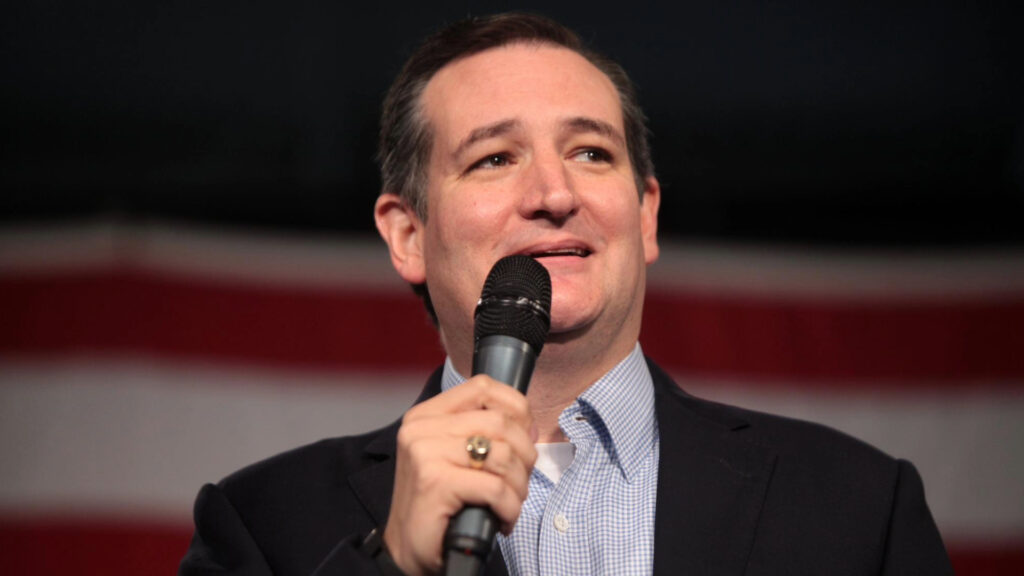
This sizable donation has raised eyebrows and prompted tax experts to examine the potential implications. If it turns out that this was undeclared, Cruz could be fined for not declaring this earning.
Cruz and iHeartMedia Deny Wrongdoing
Cruz’s office and iHeartMedia have denied any legal or ethical violations, asserting that the money does not directly pay Cruz. They claim that the senator did not receive any income from the podcast and did not direct revenues to be paid to anyone.

However, Cruz’s reputation among voters will suffer until an investigation into the donation is conducted. If there is a conflict of interest, it could spell disaster.
Experts Suggest Declaring Income to Avoid IRS Issues
Despite the denials, tax experts have suggested that even if Cruz was not paid directly by iHeartMedia, he may still need to declare the $630,000 as income to avoid potential issues with the IRS.
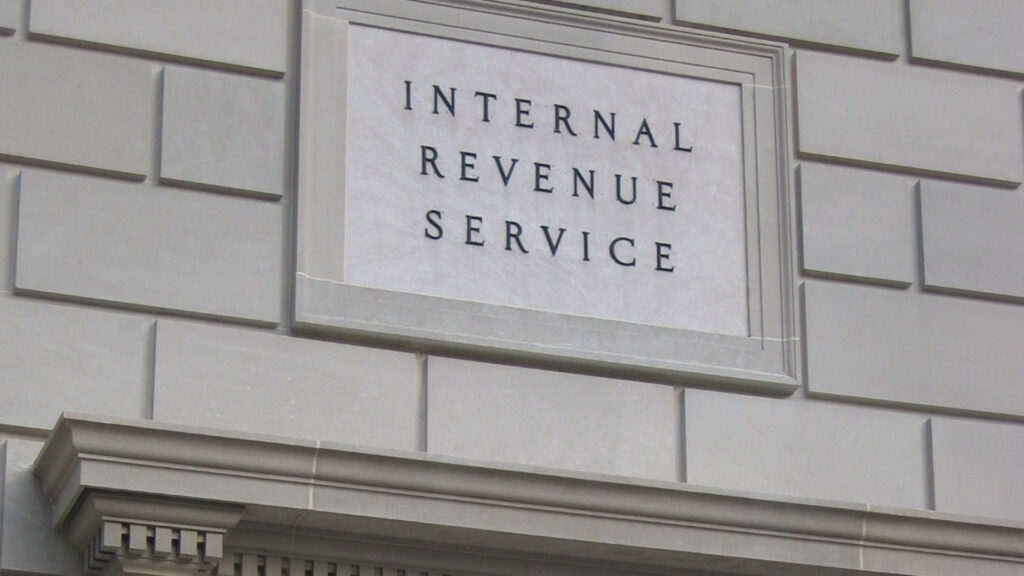
The reasoning behind this suggestion is that Cruz “earned” the money through his appearances on the podcast. Appearances, which Cruz claims he did for free.
Who Really Earned This Money?
Brian Galle, a tax law professor at Georgetown University and former federal prosecutor in the Department of Justice’s tax division, emphasized that the payment was for a series of appearances by Ted Cruz and not by anybody else.
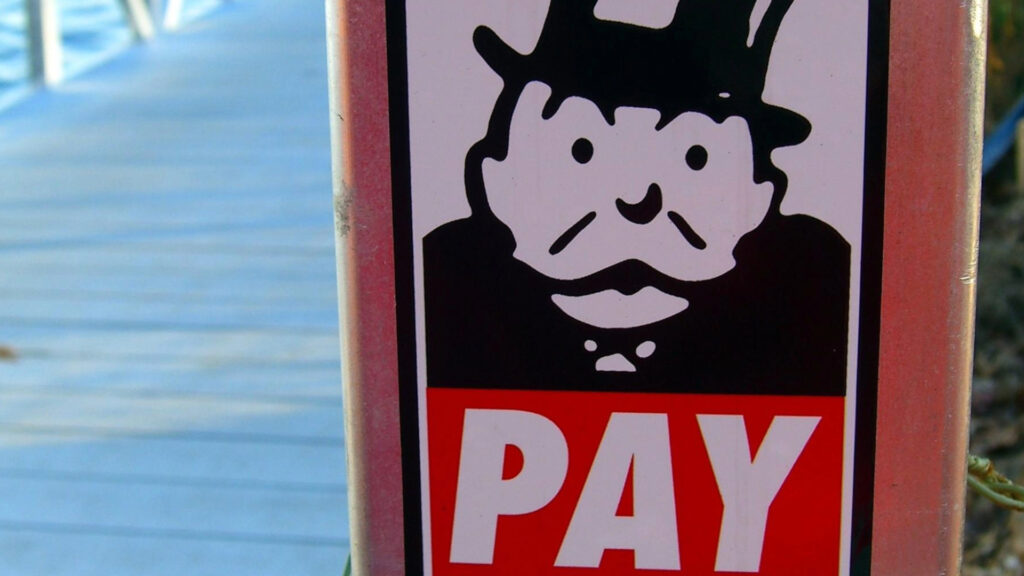
Galle stated that you can’t tell the government that isn’t your money if your effort were involved in earning it, adding that it doesn’t matter where the money goes.
Support for Re-election Campaign
Calvin Johnson, a tax professor at the University of Texas at Austin, agreed that Cruz may need to declare the money as income. Since he earned the money through his podcast, it would count as declarable income to the IRS.
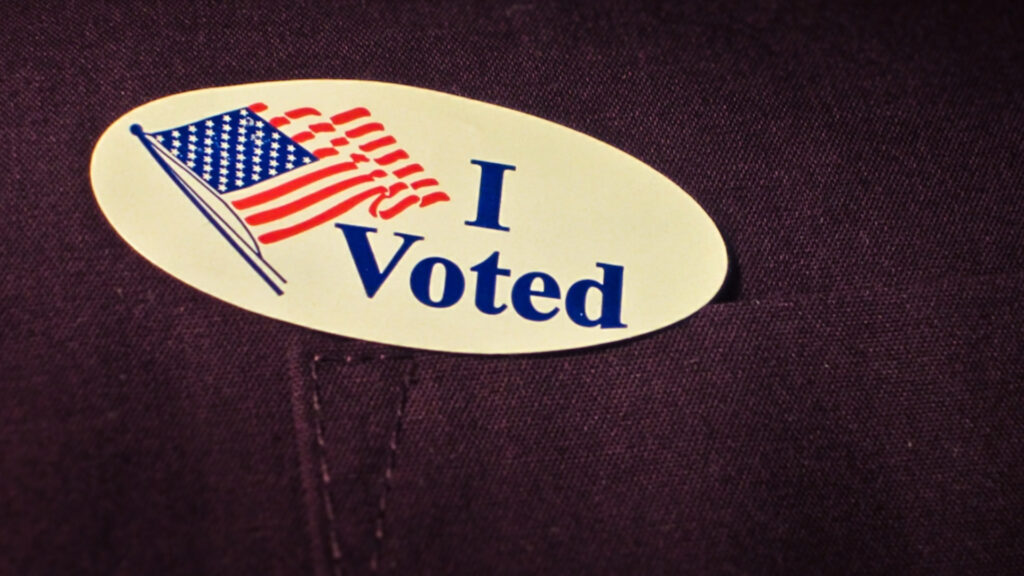
Johnson argued that the money still supports Cruz via ads paid for by the Super PAC to help his re-election campaign, even though he was not personally compensated. It’s a bit like finding himself but using the organization as a shield to deflect questions about where it came from.
Potential Issue of Avoiding Tax Obligations
Andy Grewal, an income tax law professor at the University of Iowa, suggested that Cruz would only be in the wrong if he were entitled to pay for the podcast. However, he instructed iHeartMedia to pay the Super PAC instead to avoid declaring it as income on tax forms.

If Cruz told the organization that any money coming in from the podcast should be paid to the Super PAC, then he didn’t earn that money, although technically, his effort created the revenue in the first place.
Cruz’s Defense: Appearing on Podcast for Free
A spokesperson for Cruz’s 2024 campaign previously stated that the senator appears on “Verdict” three times a week for free and dismissed suggestions of wrongdoing regarding the $630,000 figure as “mainstream media and the Democrats coordinating lazy attacks during an election year.”

The spokesperson said whatever the podcast earned didn’t come to Cruz. His appearance on the podcast was purely voluntary, and he was not expected to be paid for the service.
iHeartMedia’s Explanation: Advertising Sales
Rachel Nelson, iHeartMedia’s vice president of public relations, previously said that the company’s payments to the Truth and Courage PAC are associated with advertising sales for the podcast.

Nelson reiterated that Cruz “volunteers his time to host this podcast and isn’t compensated for it.” This evidence supports Cruz’s statement.
Facing Off Against Democrat Colin Allred
In November’s election, Cruz will face off against Democrat Colin Allred for the Texas Senate seat. The question of his finances might be a significant one in this case.
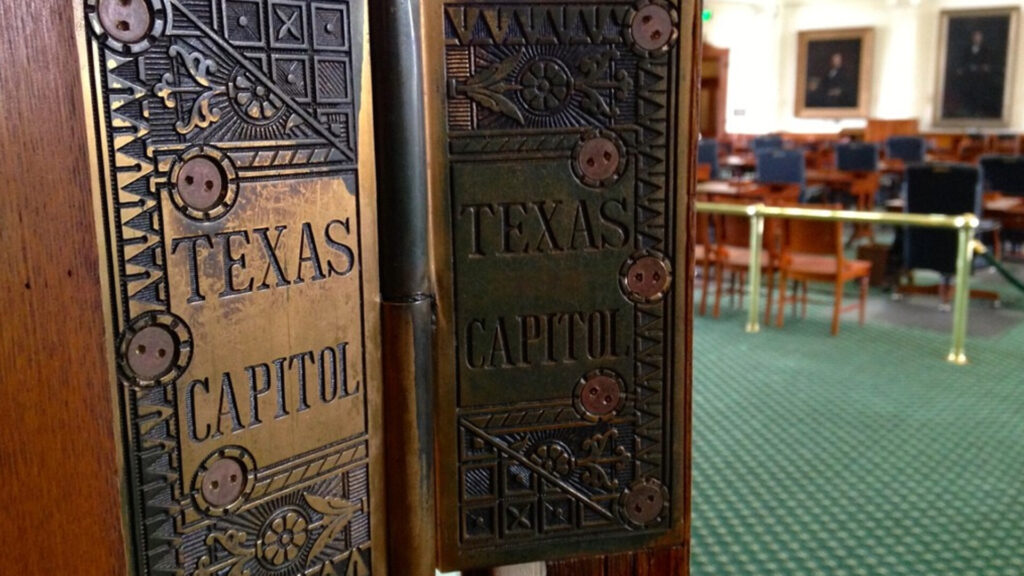
The controversy surrounding the podcast payments has added an additional layer of scrutiny to Cruz’s reelection campaign.
Potential Legal Consequences and Fines
If the IRS determines that Cruz failed to declare the $630,000 as income, he could potentially face legal consequences and fines.

Tax evasion and failure to report income are serious offenses that can result in significant penalties, including potential imprisonment in severe cases.
Setting a Precedent for Future Cases
The outcome of this case could have far-reaching implications, as it may set a precedent for how the IRS handles similar situations involving payments made to third parties in connection with an individual’s services or appearances.

Tax experts have emphasized the importance of transparency and proper disclosure regarding income and payments received, regardless of whether the money was paid directly or indirectly. Failing to disclose such information could be seen as an attempt to circumvent tax obligations.
Public Perception and Trust in Elected Officials
Beyond the legal implications, the controversy surrounding Cruz’s podcast payments could also impact public perception and trust in elected officials.

Transparency and accountability are crucial for maintaining confidence in the political system and ensuring that elected representatives act in their constituents’ best interests.
Ongoing Investigation and Resolution
As the investigation into the podcast payments continues, all parties involved will likely seek to provide clarification and present their respective arguments.

Ultimately, the IRS and potentially the courts will determine whether any violations occurred and what if any, consequences should be imposed.
Lessons for Proper Tax Compliance
Regardless of the outcome, this case reminds individuals, particularly those in the public eye, to exercise caution and seek professional advice regarding complex financial arrangements and potential tax implications.

Proper tax compliance and adherence to applicable laws and regulations are essential to avoid legal complications and maintain public trust.





GIPHY App Key not set. Please check settings